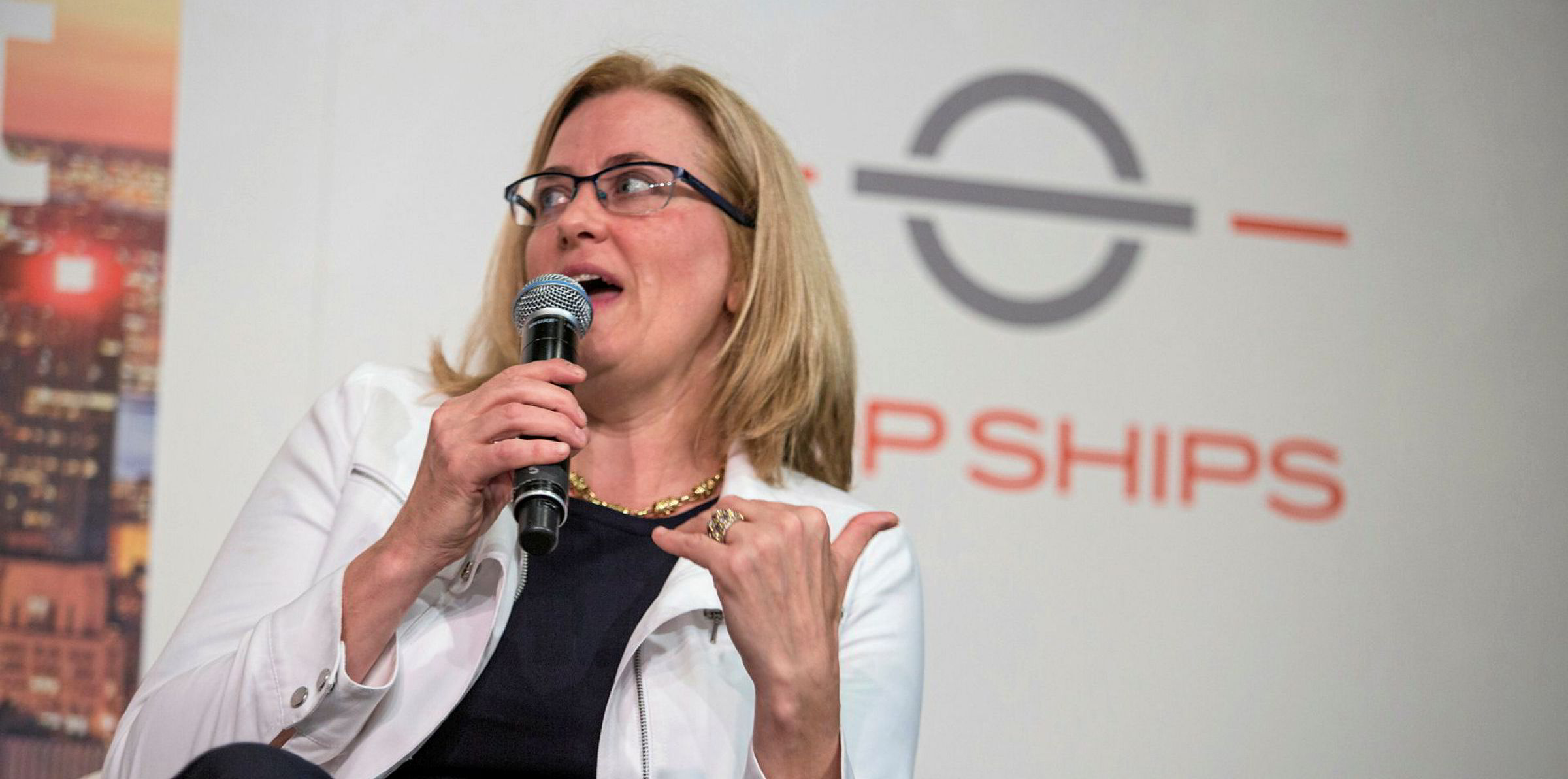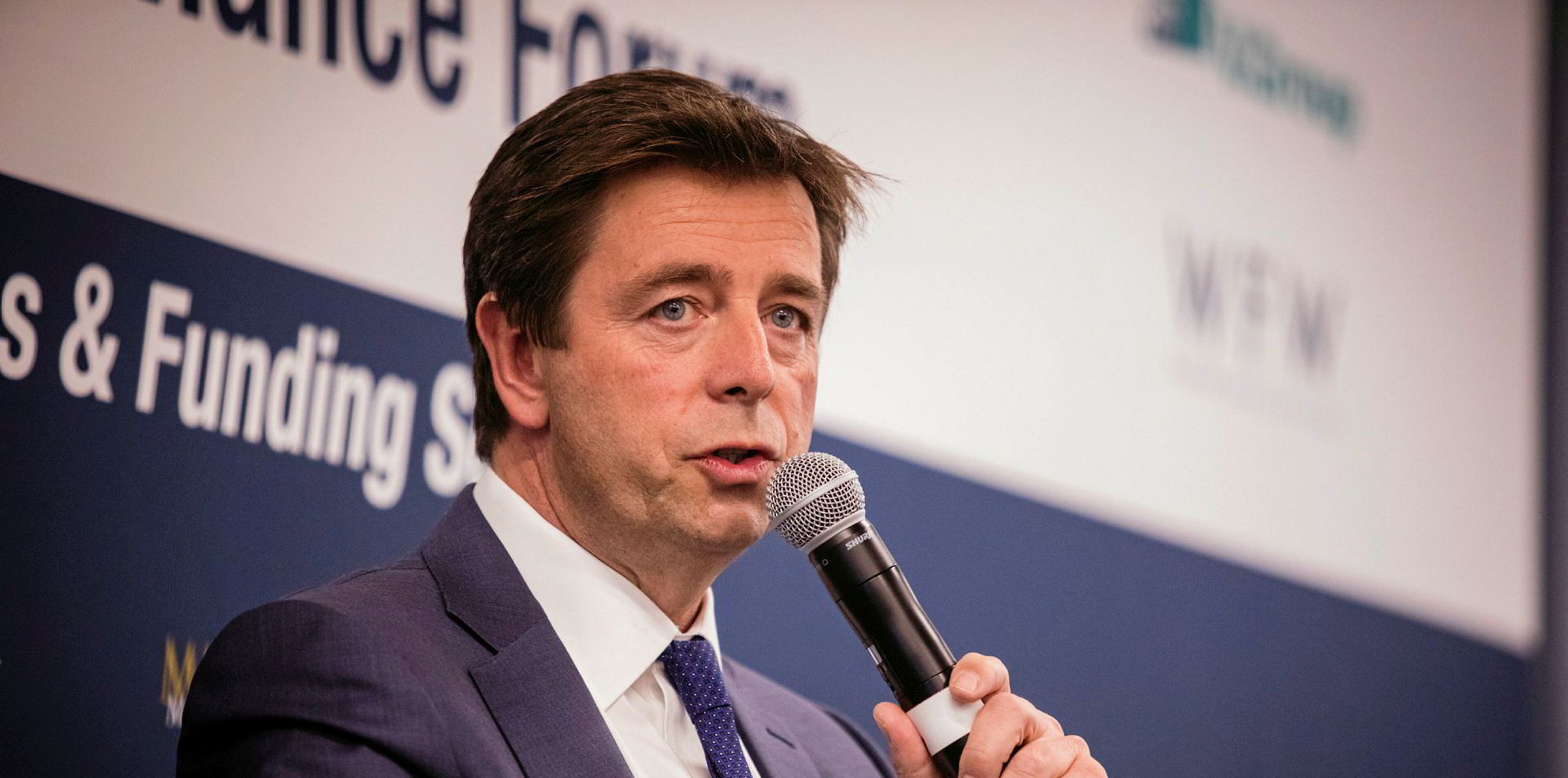Euronav has warned that rapidly rising crude storage levels could spell trouble for tanker owners later in the year.
Spot rates for VLCCs have been soaring as the market tries to cope with the surge of low-priced oil coming from Saudi Arabia in recent weeks.
The Belgian VLCC and suezmax owner said it was aware that "there is currently a substantial reduction in crude demand due to the worldwide impact of the Covid-19 outbreak and, more specifically, to the policies to restrict the movement of people."
It added that a significant portion of the oil currently produced and transported is destined to crude inventories.
"The build-up of these inventories could in the future impact the demand for the oil transportation sector and in particular the tanker markets," the company said.
Lower fuel prices
In the short-term, the low price of oil is helping owners due to lower bunker costs, it added.
"In a short space of time, 2020 has already experienced considerable volatility with geopolitical risk factors helping to drive freight rates to elevated levels, before the economic dislocation and uncertainty from Covid-19 gained traction from mid-January onwards," Euronav said.
"The large tanker market has been boosted by the move from Saudi Arabia to unilaterally increase oil supply, which will underpin freight rates for much of the second quarter."
But the longer-term impact of the coronavirus is harder to read and Euronav retains a very strong balance sheet and sufficient access to liquidity to manage such an environment, it said.
So far, its operations have not been materially impacted.
It has more than $1bn available in the form of cash and undrawn revolving credit facilities.
"Thanks to this strong balance sheet, combined with the current high freight market, we are confident about the future, and will continue to monitor the situation carefully and remain fully committed to adapt our actions in the best interest of our stakeholders," the company said.
Euronav lowered its final net profit for the year by $7m to $112m, mainly due to the reversal of a capital gain on the sale and leaseback of three VLCCs. This needs to be spread over the lease term, it said.





